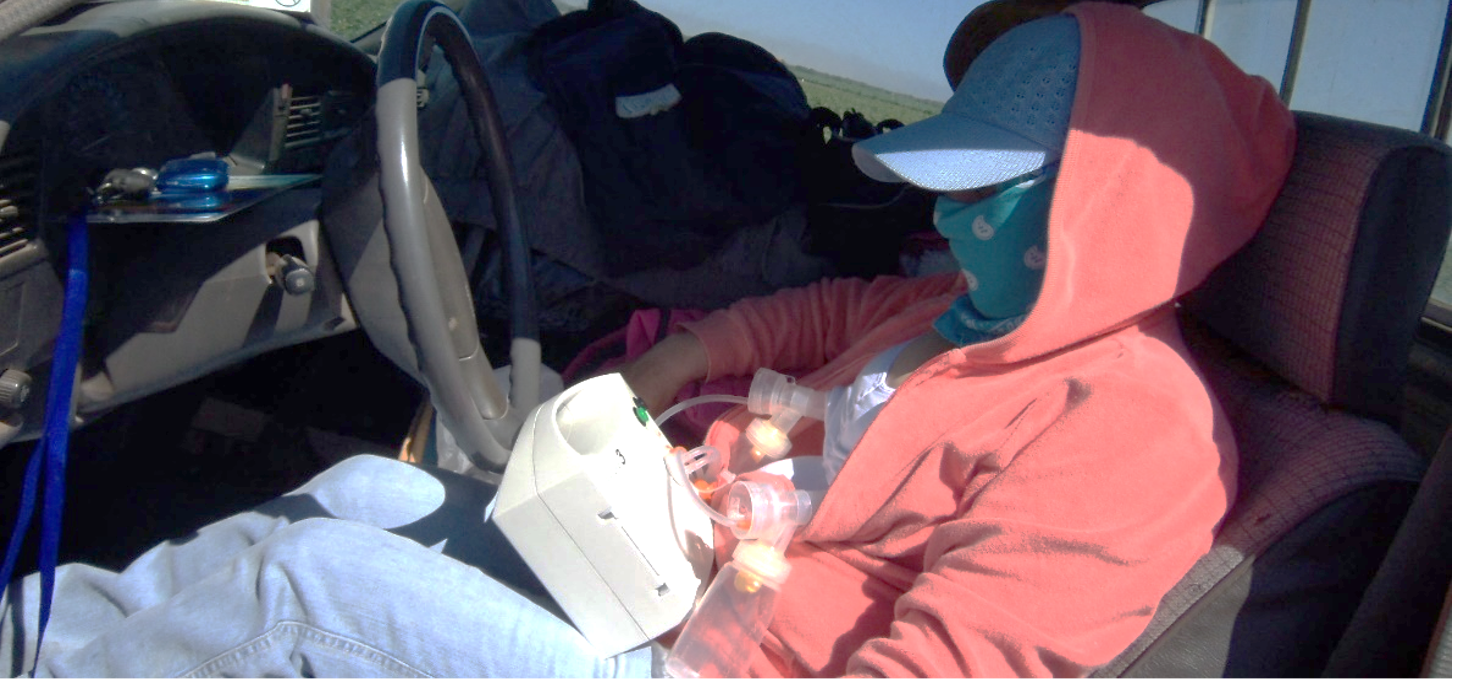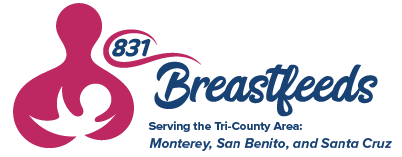
Returning to work presents challenges to breastfeeding, especially for parents in low-wage jobs such as agriculture. Most breastfeeding employees need lactation accommodation at work, including time to travel to the lactation space, pump, clean/store the pump, and store their milk. California’s workplace lactation legislation specifically addresses the unique challenges of lactation while working in agriculture by stating that employers are compliant with the law if they provide an employee wanting to express milk “with a private, enclosed, and shaded space, including, but not limited to, an air-conditioned cab of a truck or tractor.”
Recent revisions to the California Labor Code (§§ 1030 – 1034) include a requirement that employers must provide a written policy about employees’ rights to space and time for milk expression. Employers must also provide a process to employees on how to request lactation accommodation, including the right to file a complaint if their rights have been violated. California and federal workplace lactation law requires that pumping space be “in close proximity to the employee’s work area.” It is important for employees to be aware that per federal and California labor law, the lactation break does not begin until the breastfeeding parent arrives at a suitable location for rest (pumping), and they are entitled to be paid for any extra time it takes to get there.
Some examples of spaces where farmworking moms have pumped include pop-up tents, supervisor’s truck, personal vehicle, Cal Vans, and new portable restroom shells (without a toilet). For more information on options to pump in outdoor spaces, visit the Women’s Health website. It’s always best for the employee and the company HR to have a conversation about her pumping options and then convey their understanding to the field supervisor so everyone is on the same page. Based on feedback from farmworking mothers, employees at all levels should be trained on the company’s lactation policy to reduce stigma and the risk of gender-based harassment.
The California Labor Commissioner usually does not investigate compliance with workplace lactation law unless a complaint is made, but organizations like Legal Aid at Work and the California Breastfeeding Coalition can advise the lactating parent on their rights or contact the employer on behalf of the client.
Gender-based harassment in the agricultural workplace
Gender harassment is the most common form of sexual harassment and is behavior that “derogates, demeans, or humiliates an individual” based on their sex. The type of shaming and lactation discrimination experienced by parents expressing their milk in the workplace is found in many industries, including agriculture. Incidents of gender harassment should be reported to company management or HR, or if preferred, to an advocacy organization such as Legal Aid at Work who can help employees file a complaint.
Support by health care professionals and advocates
Health care professionals and other breastfeeding advocates have a unique opportunity to support breastfeeding parents as they return to work. Although patients consider advice from their doctor to be important, providers underestimate their own influence, feeling they have inadequate knowledge and clinical competence to counsel breastfeeding parents.
- Consider tips from American Academy of Pediatrics, California Department of Public Health, and California WIC Association when encouraging parents to seek lactation accommodation when returning to work.
- A high proportion of WIC participants in our area work in agriculture. Encourage parents to contact their local WIC Program for help in obtaining breast pumps and other breastfeeding supplies, and for suggestions on accessing a pumping location at work. Providers can also talk to lactation specialists for information on combining breastfeeding and work. Most WIC programs have breastfeeding peer counseling programs with staff that are Latinx bilingual/bicultural and are experienced working with farmworking employees.
- Monterey - 831-796-2888
- Santa Cruz - 831-722-7121
- San Benito - 831-637-5306
- Santa Clara - 408-792-5101
